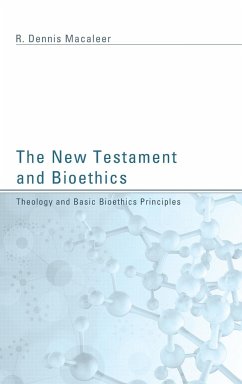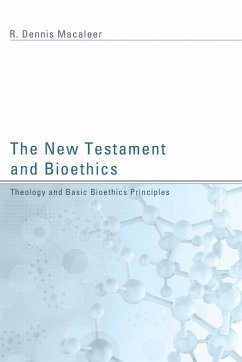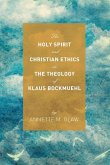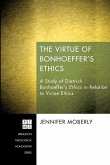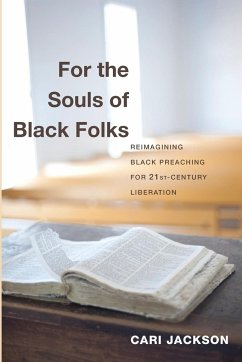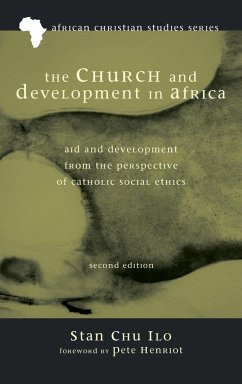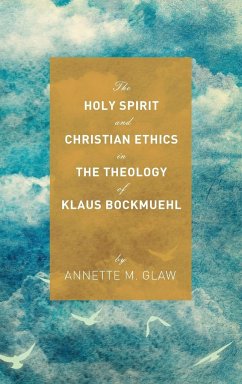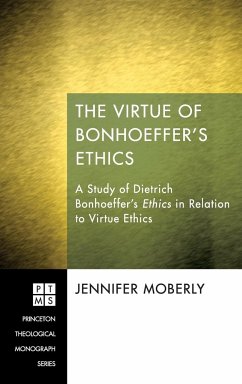Beauchamp and Childress's Principles of Biomedical Ethics is a well-accepted approach to contemporary bioethics. Those principles are based on what Beauchamp and Childress call the common morality. This book employs New Testament theological themes to enhance the meaning of those principles of bioethics. The primary New Testament text for this study is the twin commands from Jesus to love God and love one's neighbor. The three theological themes developed from this study--the image of God, the covenant, and the pursuit of healing--are deeply embedded in the New Testament and in the ministry of Jesus. Three contemporary bioethics principles are used for this dissertation, based on The Belmont Report. They are the principles of respect for persons, justice, and beneficence. In each case, the theological themes are shown to enhance the meaning of these bioethics principles. Each of the three principles, as understood through the three theological themes, is applied to a current bioethics issue to demonstrate the efficacy of this approach. The three current issues addressed are the withdrawal or withholding of life-sustaining treatment, the distribution of health care in the Untied States, and the use of palliative care. ""Macaleer provides a remarkably insightful analysis of the New Testament scriptural foundations of basic bioethical principles that guide health care decisions today, whether dealing with the just distribution of health services or focusing upon the heart-wrenching decisions that occur at the end of life. This combination of impressive scholarship with a deep sense of personal faith will inspire students in the classroom, professionals in health care, and families facing perplexing decisions about illness and suffering."" --Gerard Magill Center for Healthcare Ethics Duquesne University. ""Biomedical ethics in its early days was heavily influenced by theologians. It is refreshing and challenging that this book reviews and rejuvenates the bioethical debate from the perspective of the New Testament. Dennis Macaleer must be commended for (re)connecting bioethics and theology."" --Henk ten Have Director, Center for Healthcare Ethics Duquesne University. ""In the current controversy of the American health care debate and the allocation of precious resources, Macaleer demonstrates how precarious the whole 'business' of the dispensing of medical services becomes when generalized principles of 'beneficence' or 'justice' control critical decisions regarding 'life' and the 'value of life.' This is a tour de force in redefining the priorities of the health-care debate that experts in bioethics and medical professionals alike would neglect only to the hastening of their theories' own 'dispensability.'"" --David P. Moessner A. A. Bradford Chair and Professor of Religion Texas Christian University R. Dennis Macaleer has a unique combination of education and experience. He holds an undergraduate degree in aerospace engineering from Princeton University, master's degrees from Fuller Seminary and Princeton Seminary, a Doctor of Ministry degree in marriage and family, and a PhD in bioethics. He has pastored several churches spanning two continents over a thirty-five year period and currently pastors a church in suburban Pittsburgh.
Hinweis: Dieser Artikel kann nur an eine deutsche Lieferadresse ausgeliefert werden.
Hinweis: Dieser Artikel kann nur an eine deutsche Lieferadresse ausgeliefert werden.

